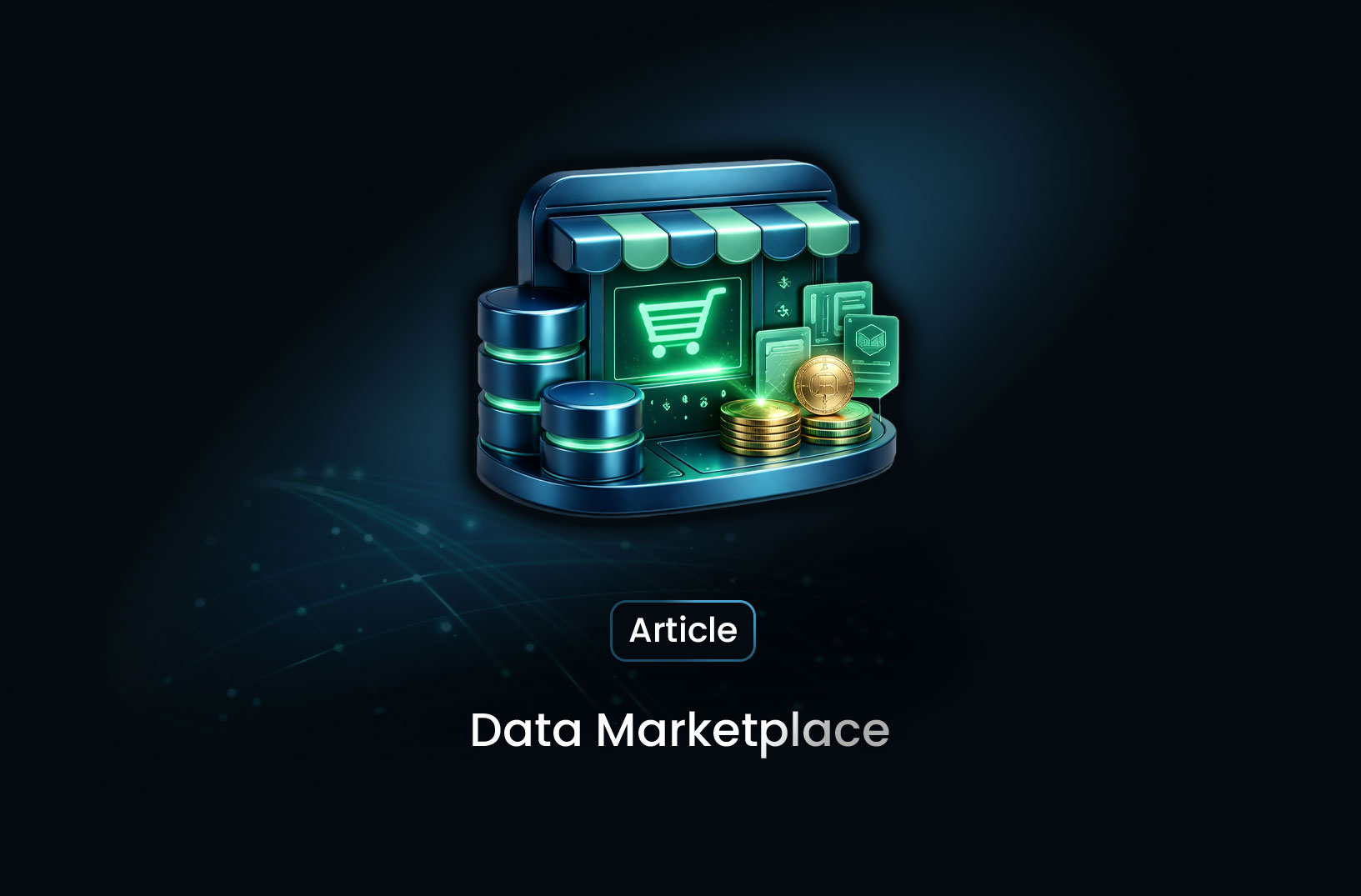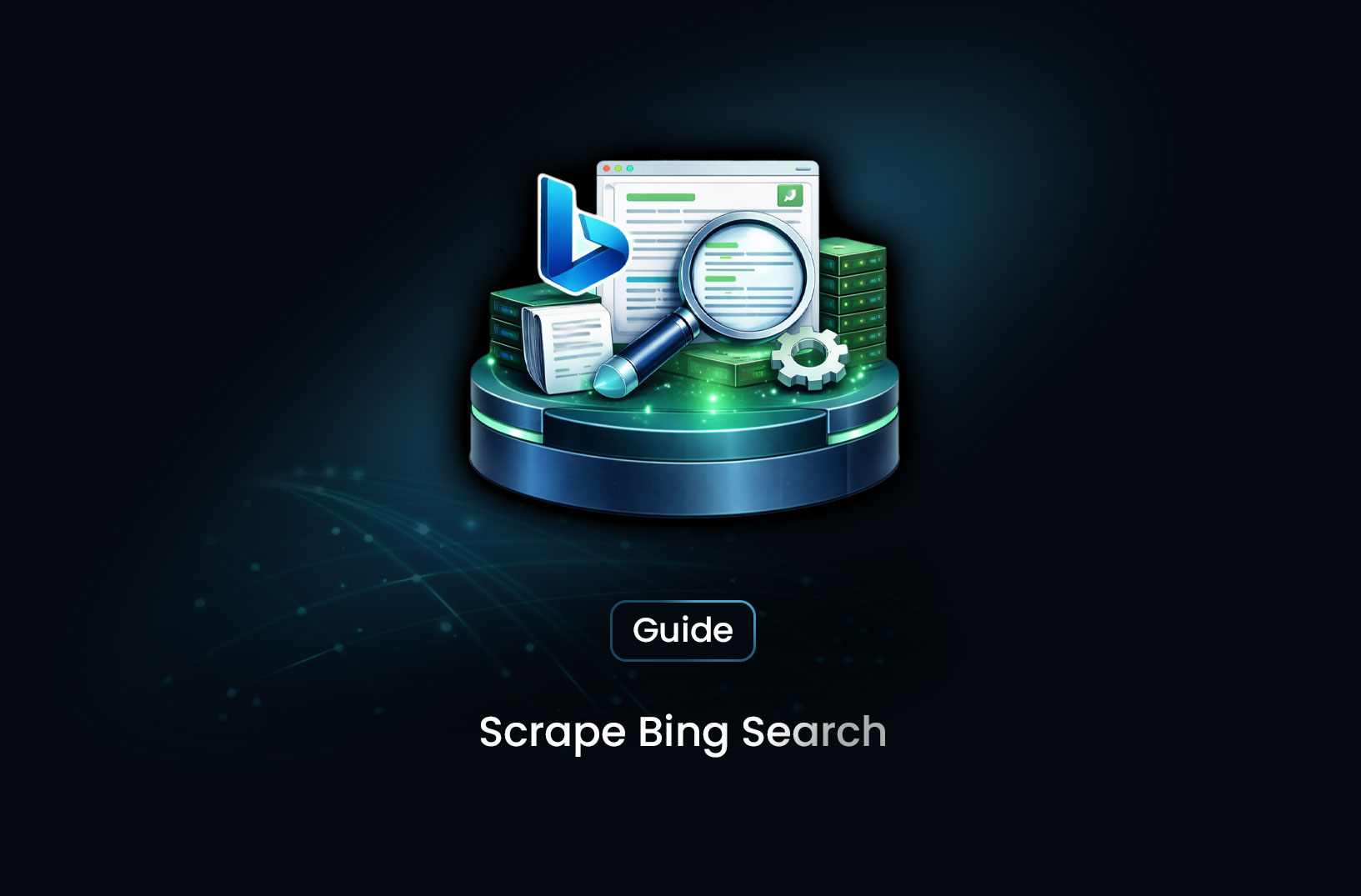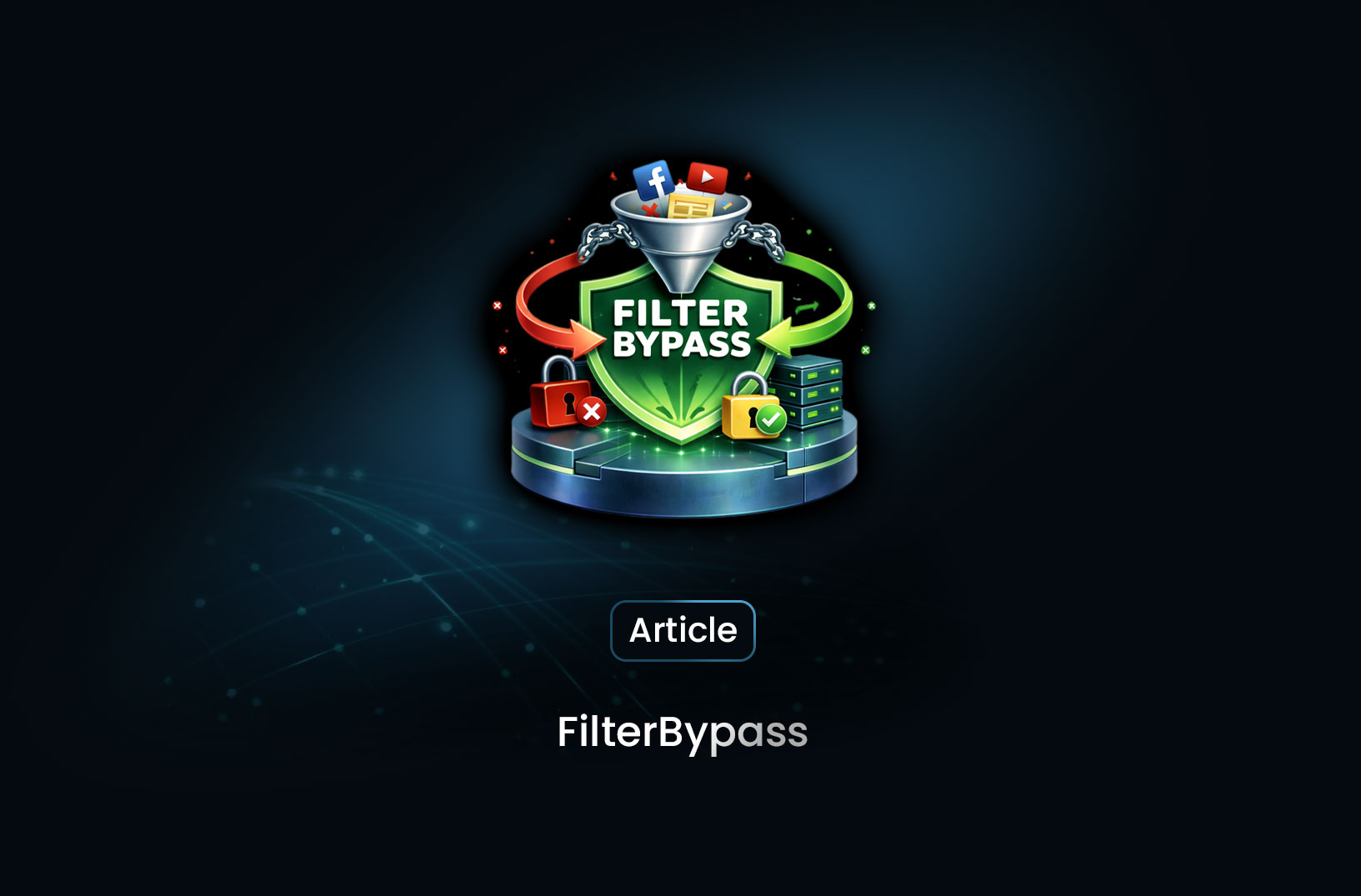
A Complete Guide to Data Marketplaces for Modern Businesses
ArticleA data marketplace is a platform for buying, selling, and exchanging data. Learn how it works, its benefits, and why businesses rely on shared data ecosystems.
A data marketplace is a digital platform where organizations can buy, sell, exchange, or share data securely. As businesses increasingly rely on data for decision-making, automation, AI training, and competitive insights, data marketplaces have become essential to modern digital ecosystems.
This article explains how data marketplaces work, their benefits, use cases, and what to consider when choosing one.
---!
What Is a Data Marketplace?
A data marketplace is an online hub that connects data providers with data consumers. Instead of manually sourcing datasets from individual vendors, companies can browse standardized data listings, compare pricing, and access data instantly — similar to shopping on an e-commerce platform, but for datasets.
Typical data sold in a marketplace includes:
- Consumer behavior data
- Market and financial datasets
- Web scraping and public web data
- Geolocation data
- Retail pricing and product catalogs
- Business and firmographic information
- Social media or sentiment datasets
- AI-ready training data
Modern marketplaces also enforce licensing, compliance, and access controls so that all transactions remain legal and secure.
How Data Marketplaces Work
Although each platform has unique features, most operate with the same core structure:
1. Data Providers List Their Datasets
Vendors upload datasets, describe the content, define usage rights, and set pricing or subscription models.
2. Buyers Discover and Compare Data
Users can filter datasets by category, industry, format, refresh rate, or region. Most platforms offer previews or sample datasets before purchase.
3. Secure Access and Delivery
Data is delivered via:
- Direct download
- APIs
- Cloud integrations (AWS, Azure, GCP)
- Automated refresh pipelines
4. Licensing and Compliance
Marketplaces handle contracts, usage restrictions, GDPR policies, and data governance rules.
5. Continuous Updates
Many datasets are updated daily or in real time depending on the provider.
Why Data Marketplaces Matter
Data marketplaces solve major challenges in data acquisition:
✔ Faster Access to Quality Data
Instead of hunting across the web, businesses get ready-to-use, pre-cleaned datasets.
✔ Lower Data Acquisition Costs
No need for building scrapers, maintaining pipelines, or negotiating individual contracts.
✔ Better Compliance and Governance
Marketplaces ensure that data is legally obtained, licensed, and ethically distributed.
✔ Scalability for AI and Analytics
Large datasets fuel machine learning, forecasting models, and market intelligence tools.
✔ Eliminates Data Silos and Fragmentation
Teams across an organization can access consistent, centralized data sources.
Types of Data Marketplace
1. Public Data Marketplaces
Open platforms where third-party providers sell datasets. Examples: market research data, financial feeds, public web datasets.
2. Private/B2B Data Marketplaces
Organizations create internal marketplaces to share data across departments or partners.
3. Industry-Specific Data Marketplaces
Designed for sectors like healthcare, retail, logistics, or finance.
4. Decentralized or Blockchain-Based Marketplaces
Enable secure peer-to-peer data exchange with auditability and token-based transactions.
Common Use Cases for Data Marketplaces
🔹 Market & Competitive Intelligence
Companies monitor competitor pricing, product trends, and customer sentiment.
🔹 AI Model Training
High-volume datasets for computer vision, NLP, and predictive models.
🔹 Retail & E-Commerce Optimization
Pricing intelligence, stock monitoring, and consumer behavior analysis.
🔹 Financial Modeling
Stock market feeds, risk data, alternative data, and trading signals.
🔹 Location Intelligence
Mobility datasets, foot traffic, and geospatial analytics.
🔹 Fraud Detection & Cybersecurity
Threat intelligence and identity verification data.
How to Choose a Good Data Marketplace
1. Data Quality & Accuracy
Look for validation processes, update frequency, and transparent sourcing.
2. Compliance Guarantees
Ensure GDPR, CCPA, and applicable regional regulations are respected.
3. Integration Options
Good marketplaces offer APIs, cloud connectors, and automation tools.
4. Pricing Models
Subscription, pay-as-you-go, or enterprise licensing.
5. Vendor Reputation
Read reviews, ratings, and reliability metrics.
6. Security Controls
Encryption, access permissions, and data governance frameworks.
Challenges and Limitations
Even the best data marketplaces face a few common issues:
- Data may be generalized and not fully tailored
- Licensing restrictions can limit usage
- Some industries have strict privacy regulations
- Price varies significantly by dataset quality and refresh rate
Still, marketplaces remain the fastest and most scalable way to access diverse datasets without custom extraction.
The Future of Data Marketplaces
As organizations rely more on automation, AI, and machine learning, data marketplaces will continue to evolve with:
- Real-time streaming datasets
- AI-curated recommendations
- On-demand data generation
- Synthetic data for privacy-safe AI training
- Blockchain-based auditability and smart contracts
In now and beyond, data marketplaces will become the backbone of analytics-driven organizations.
Conclusion
A data marketplace streamlines how businesses acquire, manage, and integrate data. By offering high-quality datasets, scalable access, and built-in compliance, these platforms empower companies to innovate faster, reduce operational costs, and make more informed decisions.
If your business depends on data-driven insights, adopting a data marketplace can significantly enhance your analytical capabilities and competitive edge.
Find more insights here

Scrape Bing Search: A Practical Technical Guide
Bing scraping blocked? Discover how to bypass rate limits and bot detection to extract URLs, titles,...

FilterBypass: Unblocking Restricted Sites in a Simple Way
FilterBypass is a free web proxy that acts as an intermediary between your browser and the target si...

YouTube.com Unblocked: Accessing YouTube When It’s Restricted
Learn how to access YouTube unblocked on school, work, or regional networks. Explore VPNs, proxies,...
